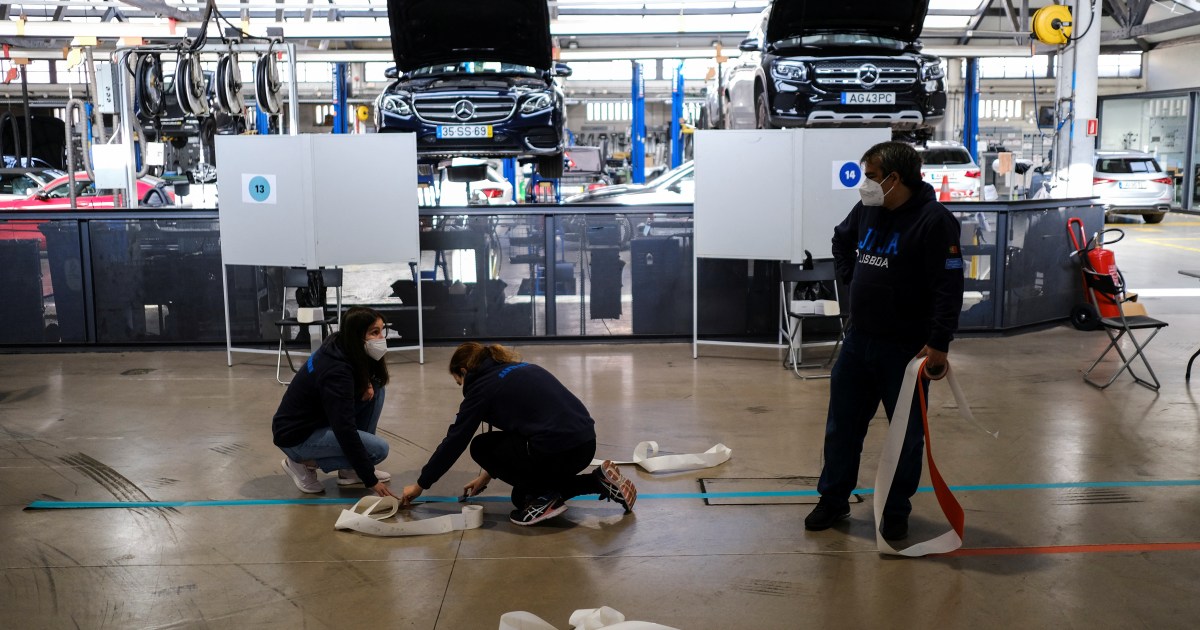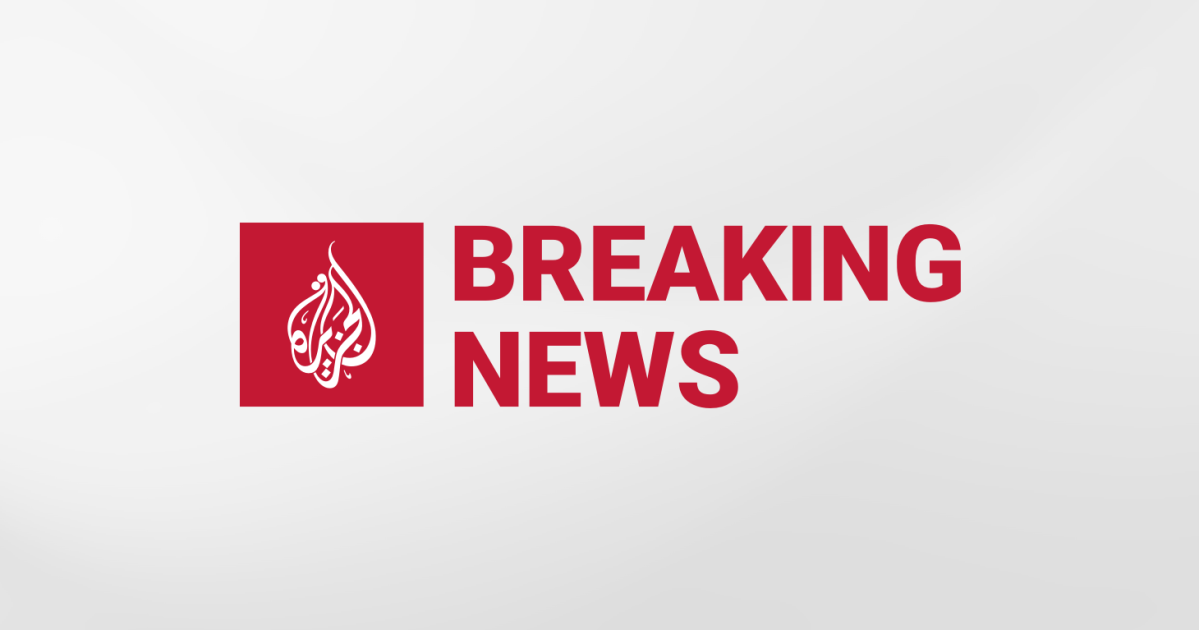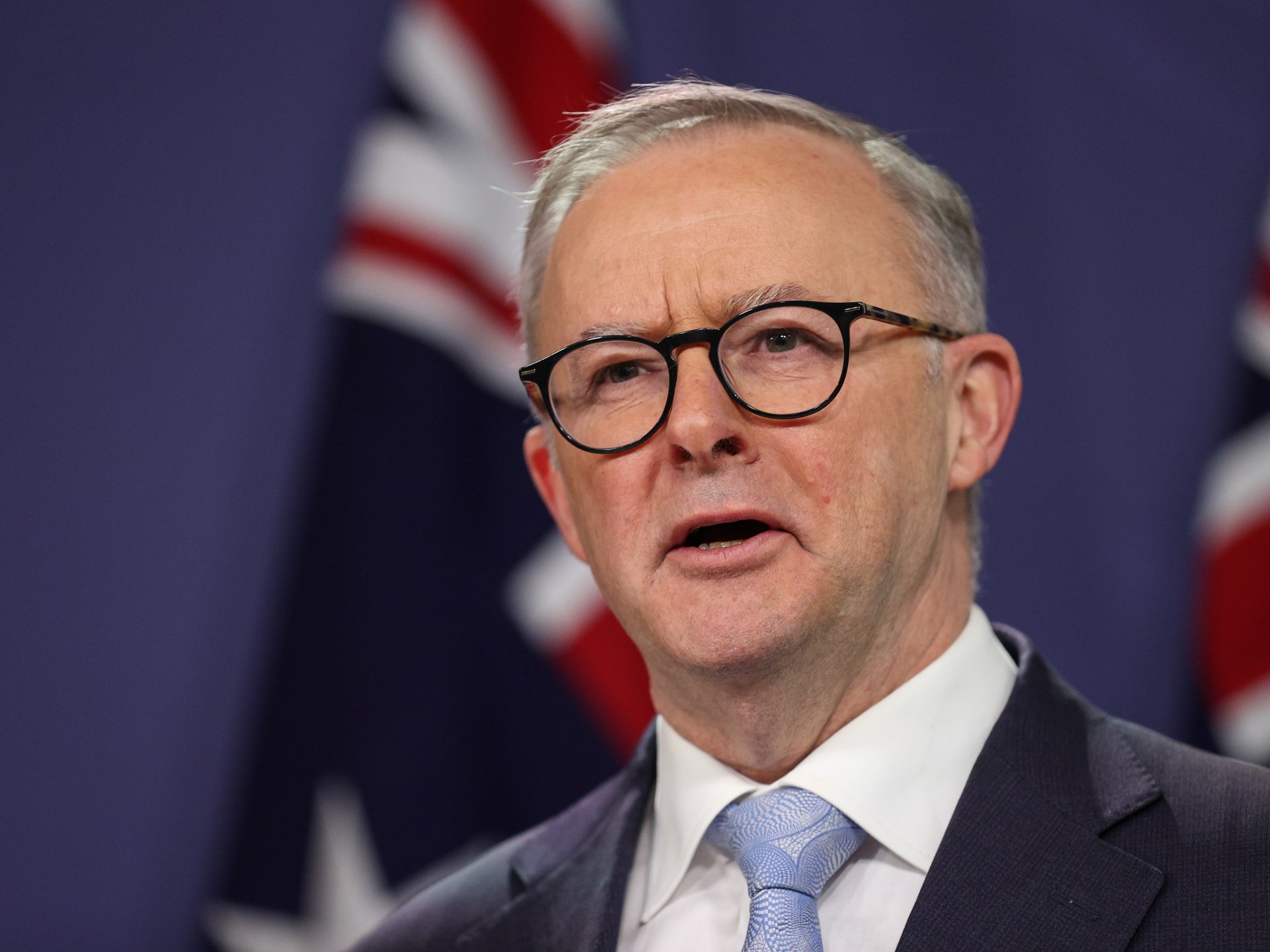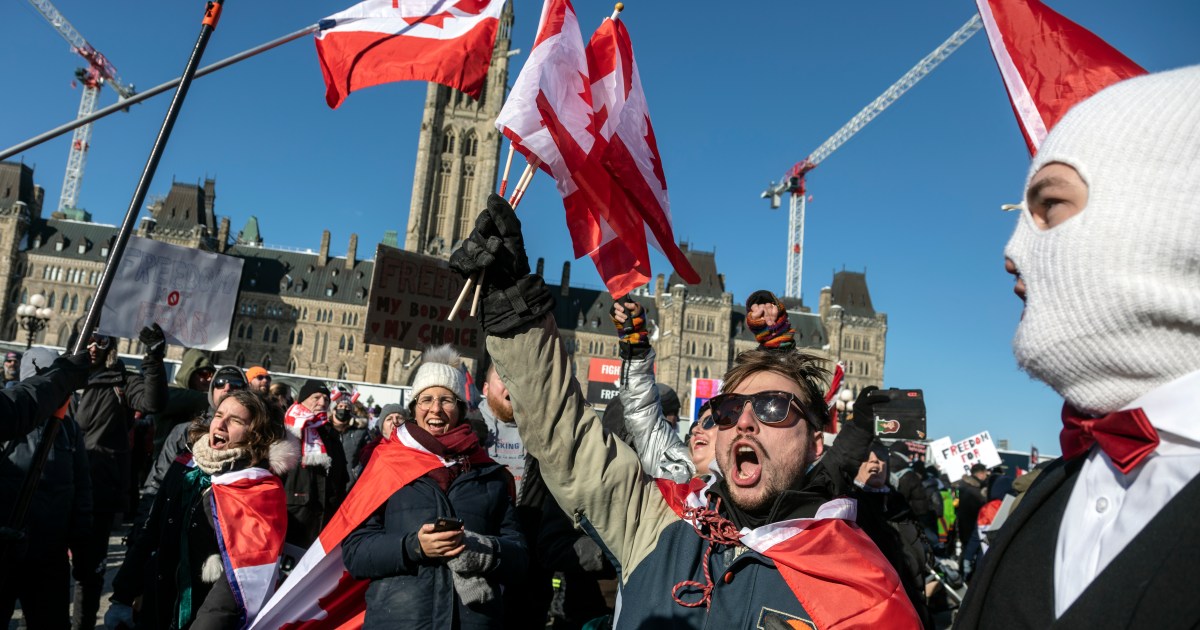Portuguese go to polls in snap election amid COVID, uncertainty | European Union News
Portuguese voted on Sunday in a snap parliamentary election with no clear winner in sight and uncertainty increased by potentially low turnout amid record coronavirus infections.
A late surge by the opposition centre-right Social Democratic Party (PSD) clawed away the ruling Socialists’ once comfortable poll lead, with the two sides in a statistical tie according to final surveys.
With one in 10 voters still undecided according to recent polls, analysts said the outcome of the election in the nation of 10 million people is wide open.
Ballot stations opened at 8am (08:00 GMT) and will close at 8pm (20:00 GMT), with official results expected a few hours later.
The prospect of another weak minority government comes as Portugal is trying to boost its tourism-dependent economy, badly hit by the pandemic.
A stable government is needed for Portugal to make the most of a 16.6-billion-euro ($18.7bn) package of EU recovery funds it is to receive by 2026.
“Portugal needs stability after these two difficult years of fighting against the pandemic,” Prime Minister Antonio Costa, in office since 2015, told a final rally in second-city Porto on Friday.
During the campaign, Costa received messages of support from Spain’s Socialist Prime Minister Pedro Sanchez and German Chancellor Olaf Scholz, who called the Portuguese premier a “tireless defender of social justice”.
Sunday’s snap polls were called after two far-left parties that propped up Costa’s minority government sided with right-wing parties to reject his 2022 draft budget in October.
PSD gains
If the Socialists again garner the most votes but lack a majority, Costa has said he plans to govern alone by negotiating support from other parties for laws on a case-by-case basis.
Such a government would have “little chance” of lasting until the end of its term in 2026, said Lisbon University politics professor Antonio Costa Pinto.
Under Costa’s watch Portugal has rolled back austerity measures, maintained fiscal discipline, and slashed unemployment to pre-pandemic levels.
But PSD leader Rui Rio said the economy should expand faster. The party proposes corporate tax cuts to spur growth.
Rio has managed to unify the often fractious party since he defeated a leadership challenge last year and his strategy of moving the PSD to the centre appears to be bearing fruit.
Under Rio, the PSD defied the odds and booted the Socialists out of office in a regional election in the Azores islands in 2020 and the Lisbon mayor’s office last September.
He is open to forming a coalition with the conservative CDS and the upstart libertarian Liberal Initiative party.
But such a coalition would need the support of far-right party Chega, which polls suggest could emerge as the third-biggest party in parliament, mirroring recent gains for such formations across Europe.
“I hope it gets settled and we have a stable government, no more uncertainty,” said Paulo Pinto, a 43-year-old car mechanic in Lisbon. “I just hope enough people go and vote, make themselves heard despite COVID.”
Low turnout could make projections unreliable, analysts say. Abstention was already record at 51 percent in the 2019 general election before the pandemic.
Pharmacy worker Sofia Mantua, 27, said she felt safe enough as she was preparing to vote using her own pen, disinfectant and a higher-grade face mask than the common surgical one.
“In our day-to-day we also end up crossing paths with infected people so the risk already exists. I don’t feel like I’m going to take a greater risk” voting, she said.
Chega, which translates as “Enough”, entered parliament for the first time with a single seat during the last election in 2019.
Costa has warned that a PSD-led government would be a “hostage” to Chega, whose proposals include tougher COVID-19 confinement rules for Roma people and castrating sex offenders.
Rio accuses Costa of fear-mongering. He has pledged not to include Chega in a government but has indicated he is willing to head a minority government propped up by support in parliament from the far right.




